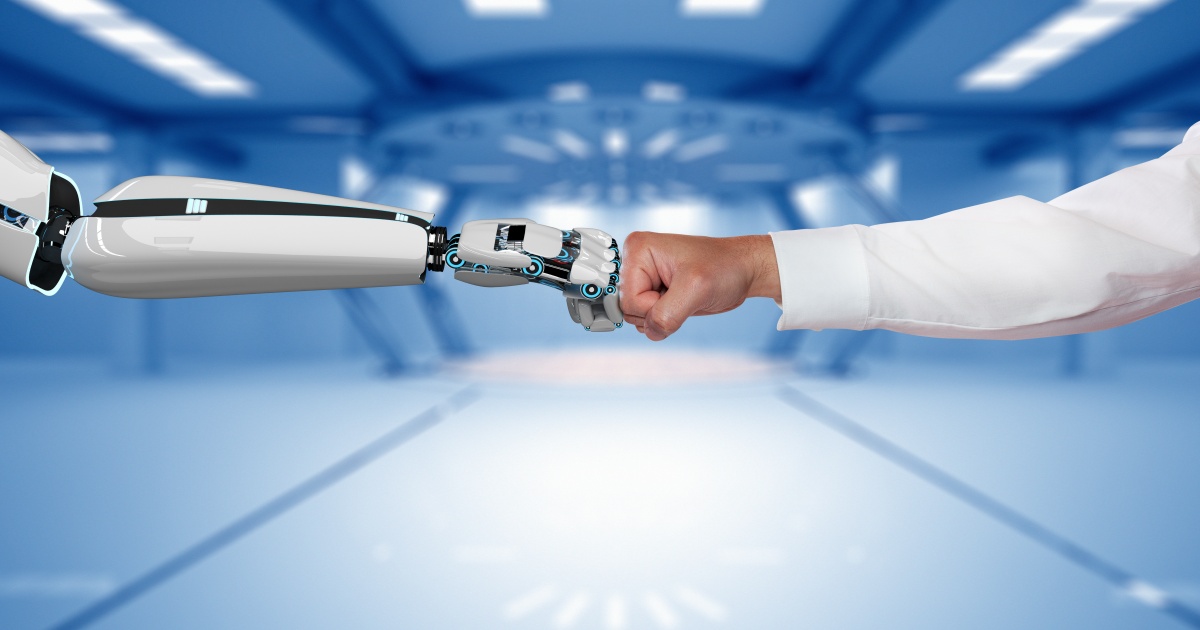
The cliché that comes with AI-powered automation is that they will take over jobs people need. While they have taken over duties seen in common areas like checkout and food service to a degree, AI-powered automation isn’t as frowned upon by employees and businesses as some might think.
In fact, 60% of employees view AI as a coworker and not a job threat, according to a recent report from MIT Sloan Management Review and Boston Consulting Group. To add to that, organizations with employees who derive value from AI are nearly six times more likely to see financial benefits from it than organizations where employees do not get value from their AI.
The challenge for the remaining 40% of employees is to get them to see the value AI brings to the workforce. Those employees may not even realize how commonly they actually use AI, as pervasive as it is. Two-thirds of individuals say they do not use AI or use it only minimally. However, when shown AI-enhanced business application examples, such as office productivity applications, calendar schedulers and customer relationship management software, 43% of these respondents acknowledge that they regularly or sometimes use business products with AI.
With those stats, it comes down to the business to make AI more noticeable within their organizations. Individuals required to use AI at work are three times as likely to regularly use the technology as those not required to use it professionally. Managers who lead by example – using AI with their teams – are 3.4 times as likely to boost regular AI use among individual team members than managers who do not. None of that should be surprising.
"Many technologies have embedded, even hidden, AI components that workers may not even be aware of,” said Sam Ransbotham, professor of analytics at Boston College and guest editor for the MIT SMR Artificial Intelligence and Business Strategy Big Ideas research initiative. “When everyone is using AI to some degree — and getting value from it — familiar tropes become problematic."
Employees who personally derive at least moderate value from using AI see results. Workers are 3.4 times as likely to be more satisfied in their jobs than employees who do not obtain value from AI. Only 8% of global survey respondents are less satisfied with their jobs because of AI. Additionally, individuals who receive AI-based suggestions on improving their performance are nearly two times more likely to feel more competent in their roles than those who don't.
These data points clearly contradict the idea that employees fear AI. Rather, they show that businesses who are not only leveraging AI, but are actively making their employees aware of the benefits, achieve even greater benefits.
To get these results out of their employees, managers need to bring awareness to the use and value of AI to their workforce to lower the perception that AI technology is a threat, joining the 60% who view AI as a coworker. Shervin Khodabandeh, a senior partner and managing director at BCG and a coauthor of the report, said doing this will bring financial and organization benefits.
Edited by
Erik Linask